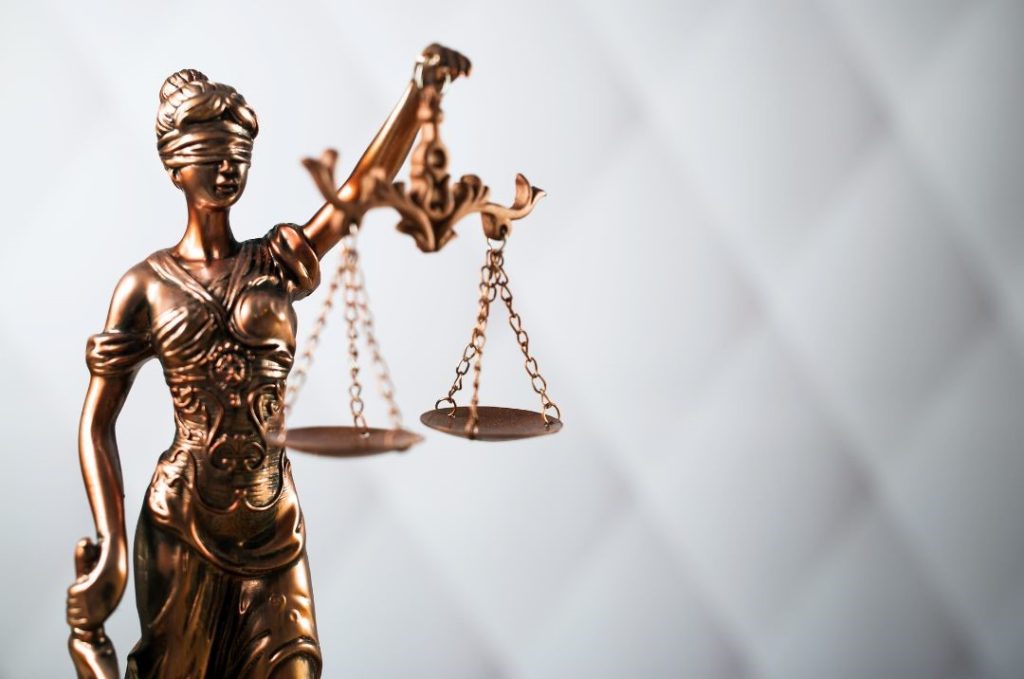The concept of democracy is where citizens decide who will represent them to use the power of the State to uphold the Constitution. That constitutional interpretation can, however, vary depending on the times we live in, and who is doing the interpreting.
Sometimes it is a judge with a lawyer doing their best to convince the court that the wording of the written Constitution is different than what it appears to be; sometimes, it is the appeals court with several judges in attendance. That is why it is essential to continuously review the written Constitution and make changes appropriate to the current epoch; sometimes, it means eliminating anything that was never useful or out of step with the times.
But what happens when, from the beginning, Parliament makes decisions about what is deemed worthy of being the law of the land, and uses the State’s power to embed rules that will help them stay in power, election after election? Isn’t that a failure of the very leaders we elected to think and act for us, and make decisions for the common good?
By embedding their people in high places, the authors of the Constitution wrote it to keep themselves in power, whether the voters like it or not. So, instead of the majority rule, we end up with arbitrary electoral districts drawn up by politicians so that they can win the most seats and go against the democratic principle where every vote counts.
It all began when we adopted the British Westminster system, where money bought seats in the British government. Similarly, in T&T, if you want to become a muckety-muck, you buy your way into the party. That may shock ordinary citizens who assumed they were choosing who ruled the nation with their aggregate votes.
That decision, however, was made by the party long before they stepped into the voting booth. But what if the party leaders lost their seats at the ballot box, and despite that elemental failure the party went on to win the election? Can they still be the party leader, or will they be summarily kicked out, demoted, or voluntarily leave the party in shame?
Let us put that scenario to the test by voting out both the leaders of the PNM and the UNC from their respective seats in the upcoming general election. Since the ‘leader of the party commanding a majority of support in the House of Representatives is the person whom the president calls on to form a government as Prime Minister, while the leader of the largest party or coalition not in government becomes the Leader of the Opposition’. (Wikipedia) Wouldn’t that cause a constitutional crisis and expose the failure of the democratic principles we cherish? Moreover, do we even need a president, a holdover from the monarchy we escaped, when they base their decisions after consulting with the PM? Finally, we will need a serious discussion about whether we need a written constitution. That, however, is not a decision for the Government to make; that is where a referendum will finally put citizens in charge of the nation.
Rex Chookolingo



Responses